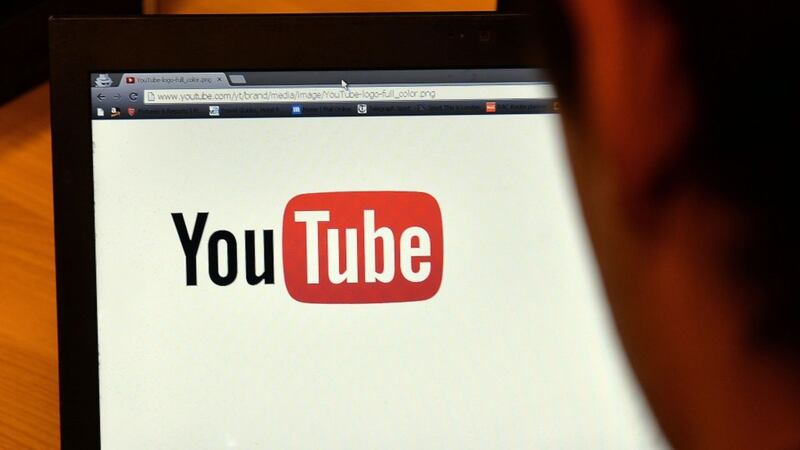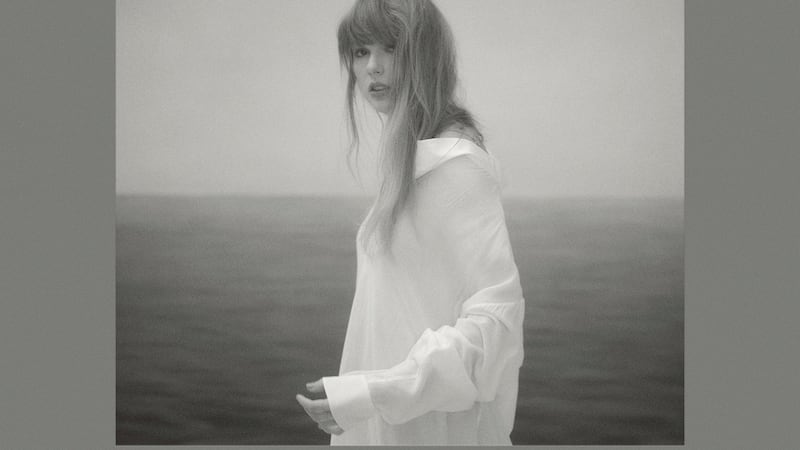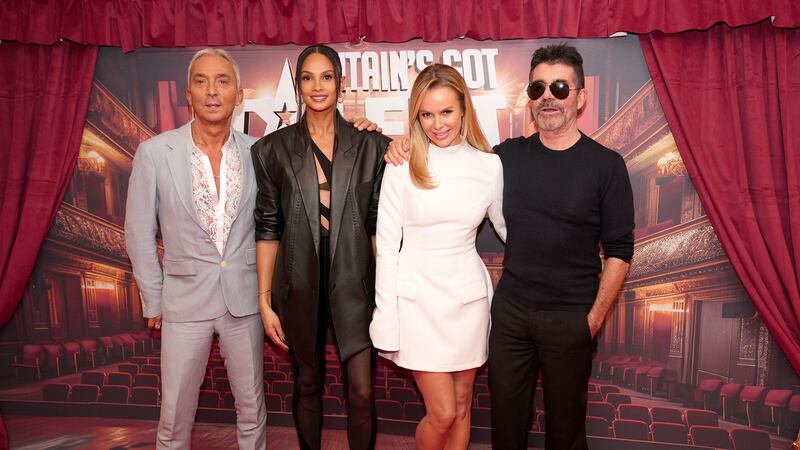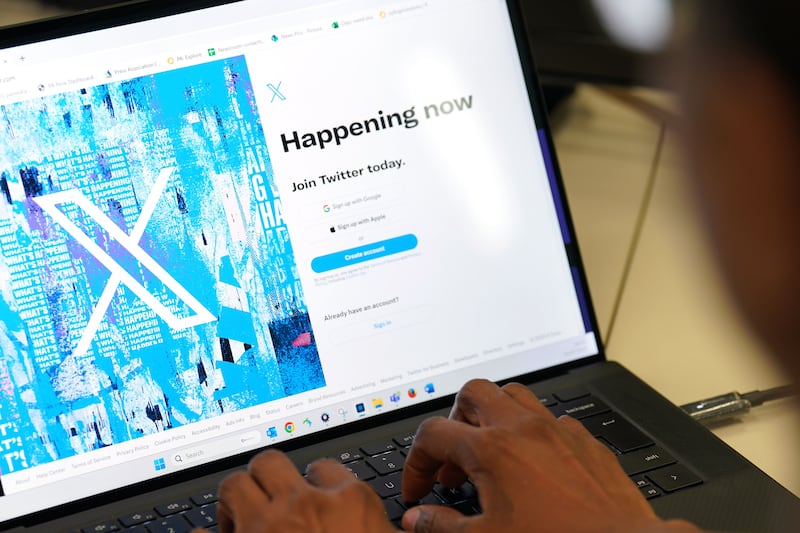New legislation preventing user upload websites such as YouTube from being able to make unfair profits from musicians’ work could come into force this year.
The aim is to close the “value gap” between artists and online services that attach their own promotional material to videos uploaded by others, but without passing on the profit.
Describing the disparity as the “biggest threat” to the future of the music industry, the International Federation of the Phonographic Industry (IFPI) told how such websites have been able to hide behind outdated laws that say they are not responsible for the content of uploads that they advertise with.
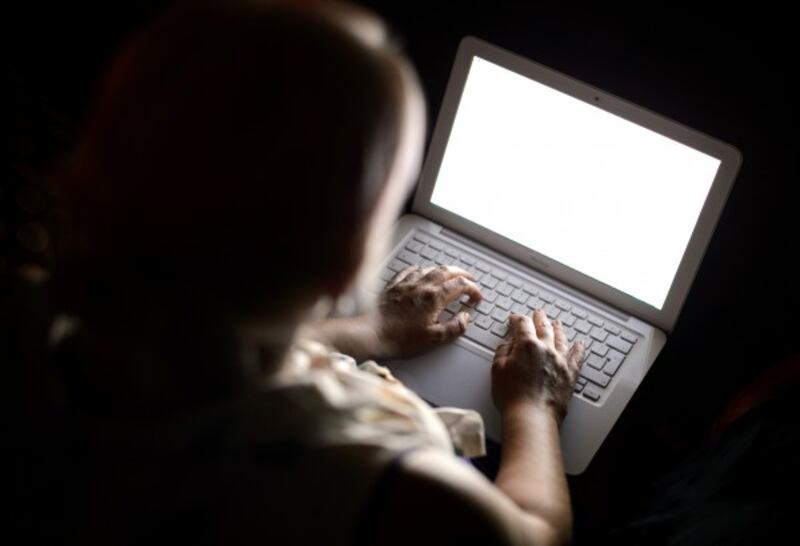
IFPI chief executive Frances Moore told a conference on Tuesday that music companies just want a “fair level playing field” across the industry, which has seen a 40% drop in music revenue over the last 15 years.
Speaking about the proposal already drafted by the European Commission, she said: “The legislation for Europe is on the table and may go through by the end of this year.
“What’s happening at present is that you have YouTube-type services that are hiding in safe harbours that are a form of exemption not meant for them – they were meant for young start-ups to get going in the digital environment and they were supposed to be neutral and passive.
Global music revenues increased by 5.9% last year. Read more in our Global Music Report, released today: https://t.co/7hFiSX6g8B #GMR2017 pic.twitter.com/aAtrO9Lo0A
— IFPI (@IFPI_org) April 25, 2017
“But now nobody could describe YouTube as neutral, it is intervening in the music and putting ads against the music, but it says it doesn’t need to take a licence.“What this legislation says is that if you intervene in the content that you are making available to the public then you need to take a licence, which means YouTube will need to enter proper negotiations with music companies and can no longer just say that it is the users uploading the content who are responsible for it.”Last June, artists such as Sir Paul McCartney, David Guetta and Coldplay joined more than 1,000 musicians who signed a letter urging the international commission to take swift action to address the issue.
The Global Music Report 2017 is an essential, in-depth guide to the global recorded music industry: https://t.co/IGhxcBY73X pic.twitter.com/agcg4vTDkf
— IFPI (@IFPI_org) April 25, 2017
Latest IFPI figures show that digital sales made up half of all global music revenue in 2016, up 5% from 2015.
But it showed a total revenue growth of less than 6% over the year, powered mainly by a 60% boost in streaming revenue.
Meanwhile, downloads plummeted by more than 20% compared to last year, while physical sales continued to drop by 7.6%.
